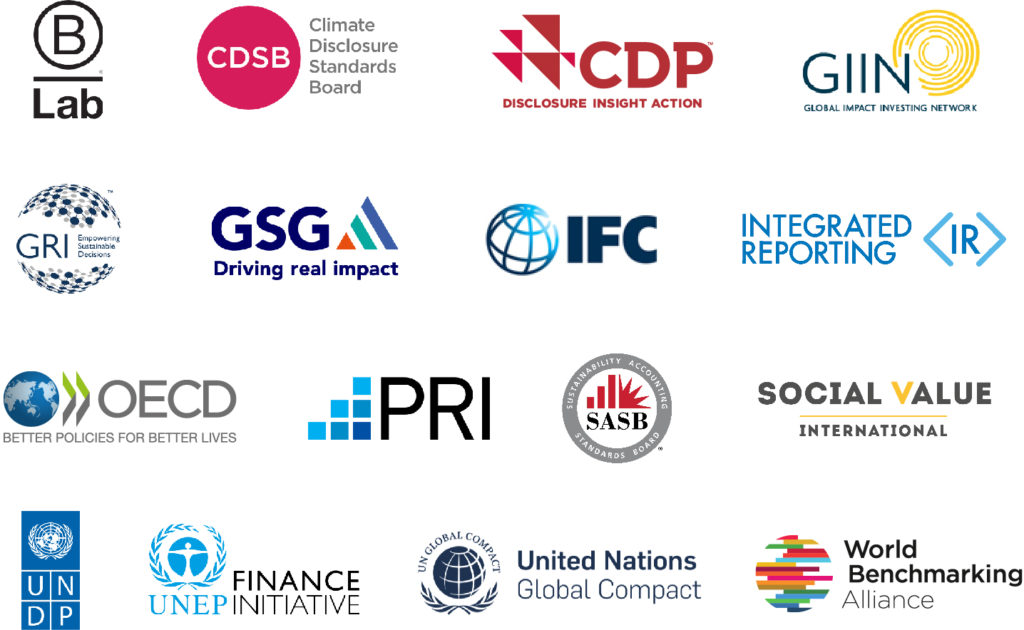
Context
By managing their material impacts on environmental, social and governance issues, organisations can interpret performance in order to address negative impacts and, depending on their capabilities and constraints, increase positive impacts. This is called impact management, and is relevant for those looking to improve economic decisions and/or contribute to achievement of global goals.
To mainstream impact management, enterprises and investors need consistent and coherent guidelines on how to measure, report, compare and improve performance.
Scope of work
The Impact Management Project (IMP)’s focus on “impact” is based on the logic that measurement of a change in outcome, when assessed relative to the relevant social or ecological threshold, provides the basis for optimal decision-making by a company and its stakeholders.
The IMP was formed in 2016 as a forum for a wide variety of disciplines to build consensus on how to interpret and therefore manage performance on social and environmental issues. The IMPACT Programme’s grant is enabling the IMP to facilitate:
- the IMP Structured Network, a collaboration of 15 standard-setting organisations (see logos) that, through their complementary expertise, are coordinating efforts to provide complete standards for managing and disclosing impacts on sustainability issues.
- the IMP Practitioner Community – a group of over 2,000 organisations ranging from companies and investors, to social scientists, to development experts, to policymakers, to non-profit standard-setting organisations – to debate and find consensus on impact management techniques.
The IMPACT Programme is using the consensus agreed through the work of the IMP to assess the impacts of its grantees.
